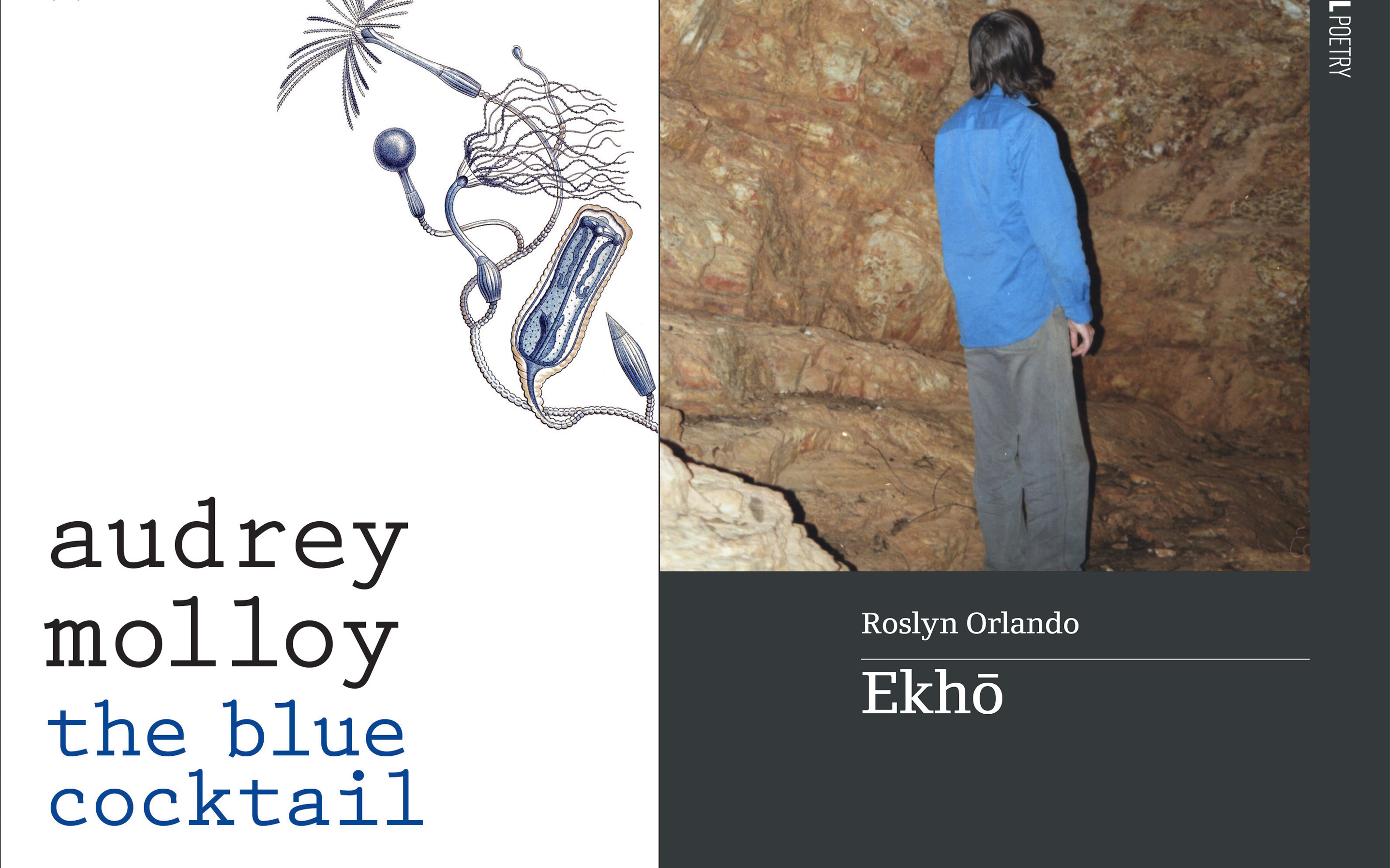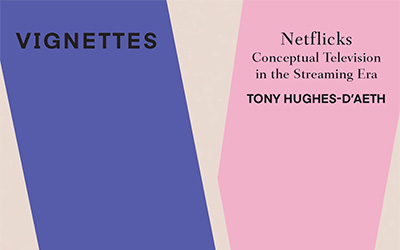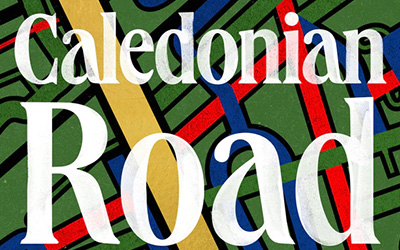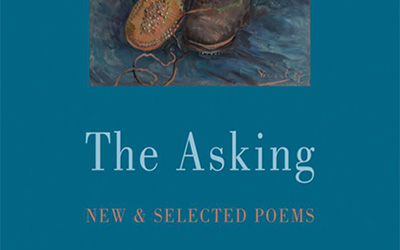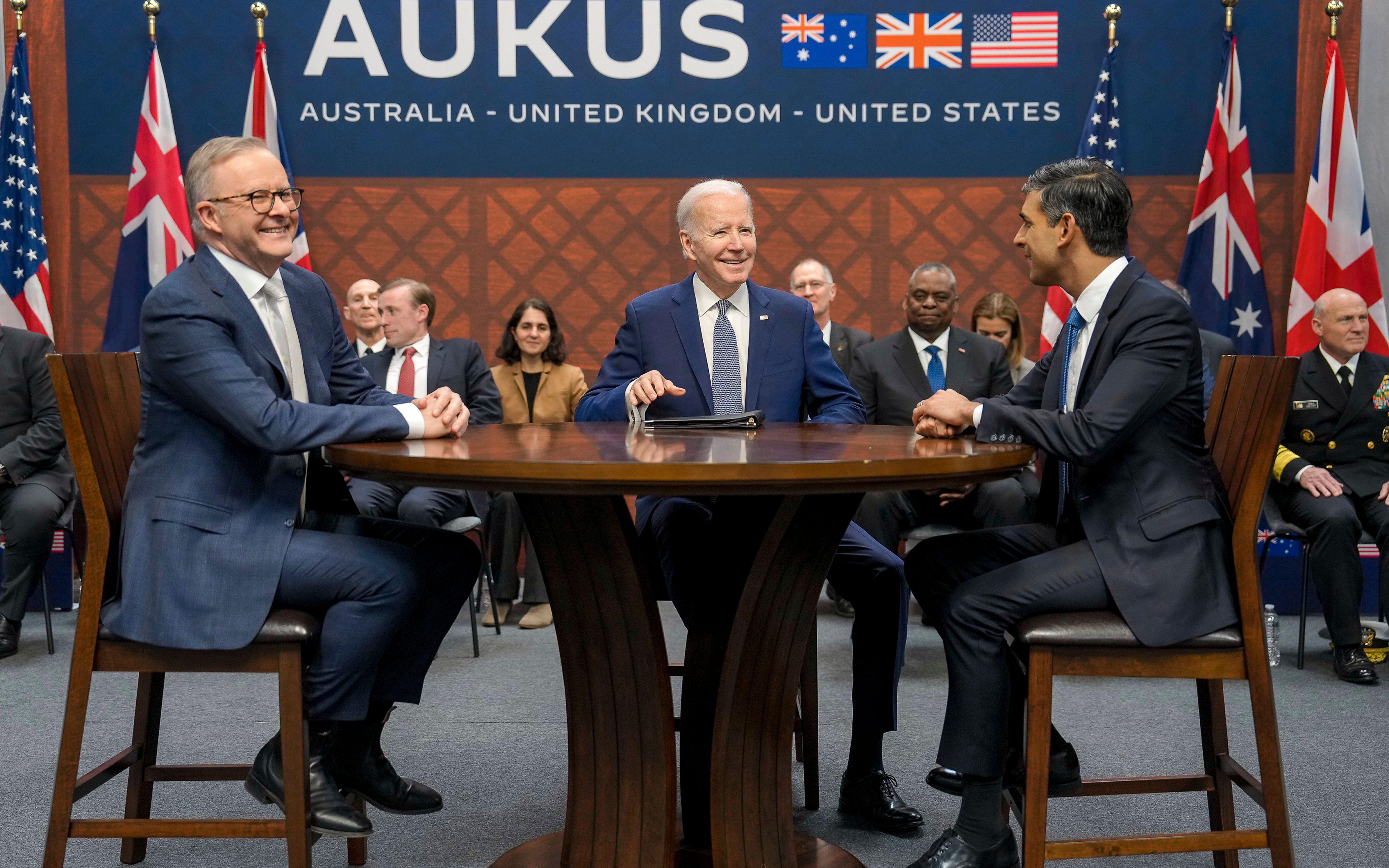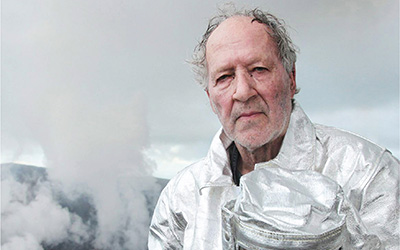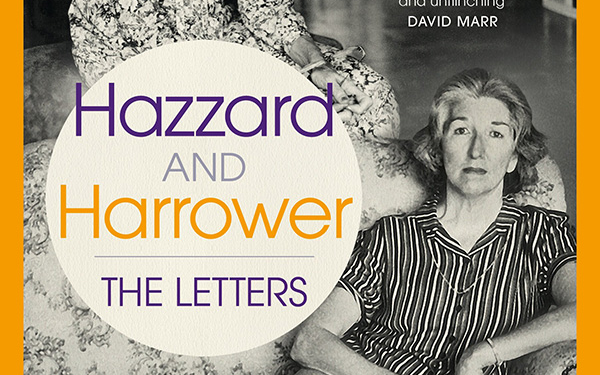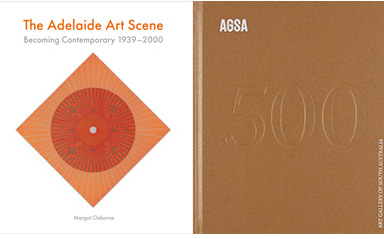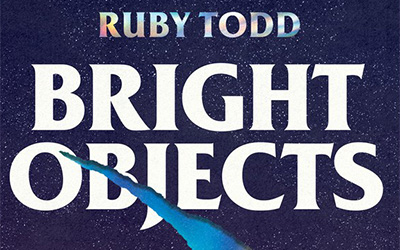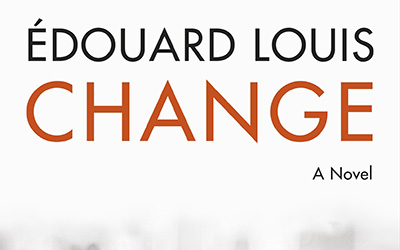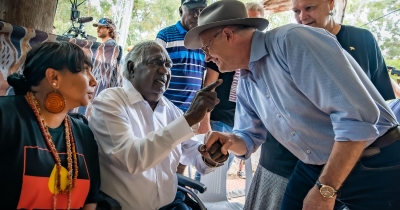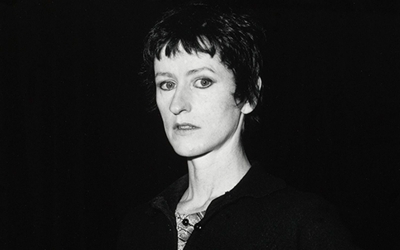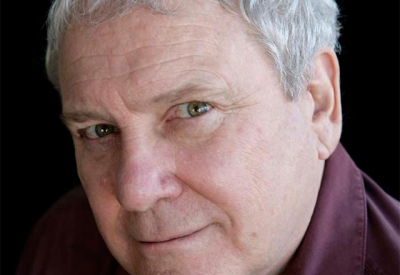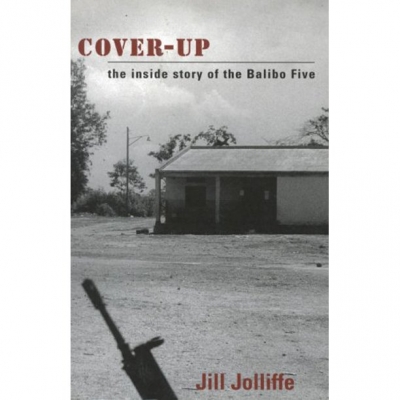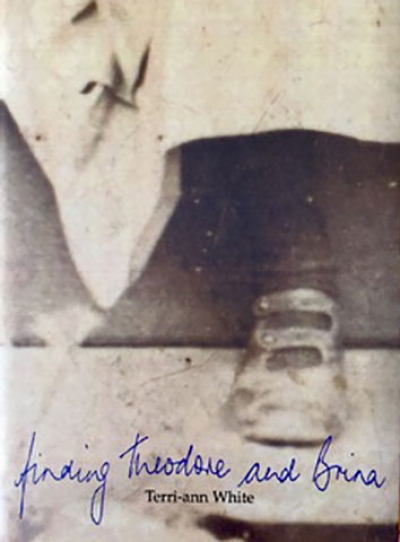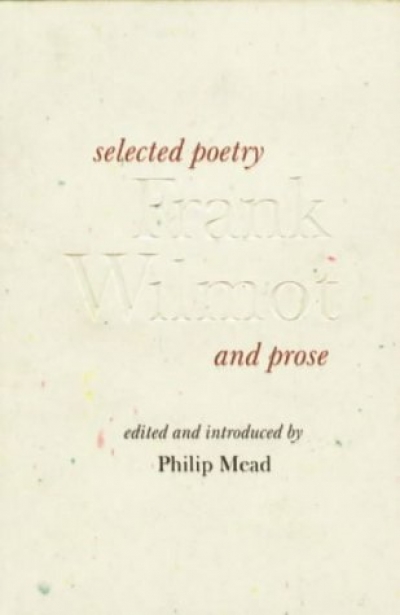February–March 1998, no. 198
Frank Wilmot has aways existed in my mind under his nom-de-poetical-plume: that is to say, as Furnley Maurice. This, even though his proper name was given in my first collection of Australian verse, that of H.M. Green forty-five years or so ago. For several decades, from the mid-1950s on, modernism was seen as a Good Thing and our stuffy Australian forebears were upbraided for not taking it on more quickly. Over those years we strove to find the modernist traces which had gone ahead of us: in Kenneth Slessor or Chester Cobb, in Margaret Preston and Adrian Lawlor, in Walter Burley Griffin. Some of us had turned against aspects of this imprecise movement in the 1950s, I admit, because of its associations with fascism, but who could really resist for long the world of Picasso, Stravinsky, Woolf, Joyce, and Auden? What incomparable riches were there, I felt, and still do.





